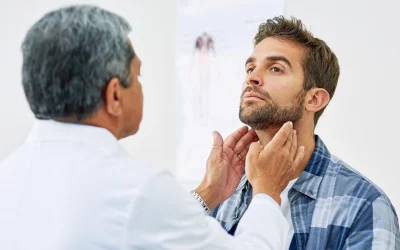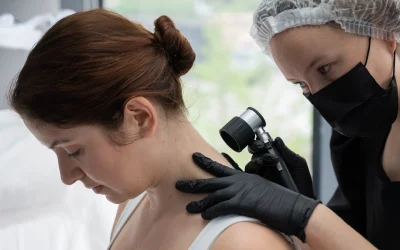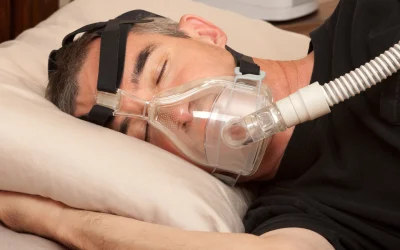How Mobile Health Apps Improve Patient Compliance in Plastic Surgery
Mobile health apps are transforming patient compliance in plastic surgery by offering innovative solutions that enhance adherence to treatment plans and improve outcomes. Patient compliance, which includes following medication schedules, post-operative care instructions, and attending follow-up appointments, is crucial for optimal healing, achieving desired aesthetic results, and ensuring patient safety.
Challenges such as lack of understanding, forgetfulness, complex regimens, and limited access to information can impede patient compliance. However, mobile health apps address these issues effectively, providing a range of features designed to support patients throughout their surgical journey.
By integrating these features, mobile health apps play a vital role in enhancing patient compliance, leading to better recovery experiences and outcomes in plastic surgery.
The Role of Patient Compliance in Plastic Surgery
Patient compliance refers to how well patients follow their prescribed treatment plans, including medication schedules, post-operative care instructions, and follow-up appointments. In plastic surgery, compliance is vital for:
- Optimal Healing: Proper adherence to post-operative care can prevent complications and promote faster recovery.
- Desired Results: Following pre- and post-surgery guidelines ensures that patients achieve the best possible aesthetic outcomes.
- Patient Safety: Compliance reduces the risk of infections, complications, and the need for revision surgeries.
Challenges in Ensuring Patient Compliance
Despite its importance, patient compliance can be challenging to achieve. Common obstacles include:
- Lack of Understanding: Patients may not fully grasp the importance of following instructions.
- Forgetfulness: Busy schedules can lead to missed medications or appointments.
- Complex Regimens: Detailed care plans can be overwhelming and difficult to manage.
- Limited Access to Information: Patients might struggle to find reliable resources or contact their healthcare providers for clarification.
Enter Mobile Health Apps
Mobile health apps are revolutionizing the way patients and healthcare providers interact, offering a range of features designed to enhance patient compliance. Here’s how:
1. Personalized Reminders
Mobile apps can send personalized reminders for:
- Medications: Alerts to take medications at the right times.
- Appointments: Notifications for upcoming appointments and follow-ups.
- Post-Op Care: Reminders to perform specific post-operative care tasks, such as changing dressings or performing exercises.
These reminders help patients stay on track, reducing the likelihood of missed doses or appointments.
2. Educational Resources
Knowledge is power, and mobile health apps can provide patients with:
- Instructional Videos: Step-by-step guides on post-operative care.
- FAQs: Answers to common questions about procedures and recovery.
- Articles and Blogs: In-depth information on various aspects of plastic surgery.
By offering easy access to reliable information, these apps empower patients to take control of their health.
3. Progress Tracking
Many mobile health apps include features for tracking progress, such as:
- Photo Journals: Patients can upload photos to document their recovery and share them with their healthcare providers.
- Symptom Logs: Tracking symptoms and side effects to report during follow-up visits.
- Activity Monitors: Keeping tabs on physical activity levels to ensure patients are adhering to recommended guidelines.
This tracking not only motivates patients but also provides valuable data for healthcare providers to monitor recovery.
4. Direct Communication
Effective communication is key to patient compliance. Mobile health apps facilitate:
- Messaging: Secure messaging systems for patients to ask questions and receive prompt responses.
- Telehealth Consultations: Virtual appointments for convenient follow-ups and consultations.
- Push Notifications: Instant updates and alerts about important information or changes in care plans.
These communication tools help bridge the gap between patients and healthcare providers, ensuring that patients have the support they need.
5. Gamification and Incentives
Who doesn’t love a little motivation? Some mobile health apps incorporate gamification elements, such as:
- Achievement Badges: Rewards for completing care tasks or reaching milestones.
- Leaderboards: Friendly competition to encourage adherence among patients.
- Incentives: Discounts or rewards for consistent compliance.
These features make the process more engaging and enjoyable, encouraging patients to stick to their treatment plans.
Real-World Applications
Let’s consider a practical example. Imagine a patient who has just undergone a rhinoplasty. Their mobile health app provides:
- Daily Reminders: Alerts to take prescribed medications and apply cold compresses.
- Educational Videos: Tutorials on how to clean the surgical area properly.
- Progress Tracking: A photo journal to track swelling and healing over time.
- Direct Messaging: A secure platform to ask their surgeon questions about any concerns.
With these tools at their fingertips, the patient is more likely to follow their care plan, leading to a smoother recovery and better results.
Summary and Suggestions
Mobile health apps are proving to be game-changers in improving patient compliance in plastic surgery. By offering personalized reminders, educational resources, progress tracking, direct communication, and engaging incentives, these digital tools empower patients to take an active role in their care.

















